2015 is year of the Chromebook
Last year, I disputed ridiculous assertions, based on widely misquoted NPD data, that 2014 would be "year of the Chromebook". It wasn't. But that designation does belong to 2015—at least in the United States. Measures: Number of new models; adoption by K-12 schools; and overall sales, which are surprisingly strong. Read carefully the next paragraph.
Through U.S. commercial channels and retail, Chromebooks accounted for 14 percent of laptop sales last year, according to NPD, which released data at my request. That's up from 8 percent in 2013. Commercial channels, largely to educational institutions, accounted for about two-thirds of 2014 Chromebook sold. Year over year, sales soared by 85 percent, and the trajectory continues to climb.
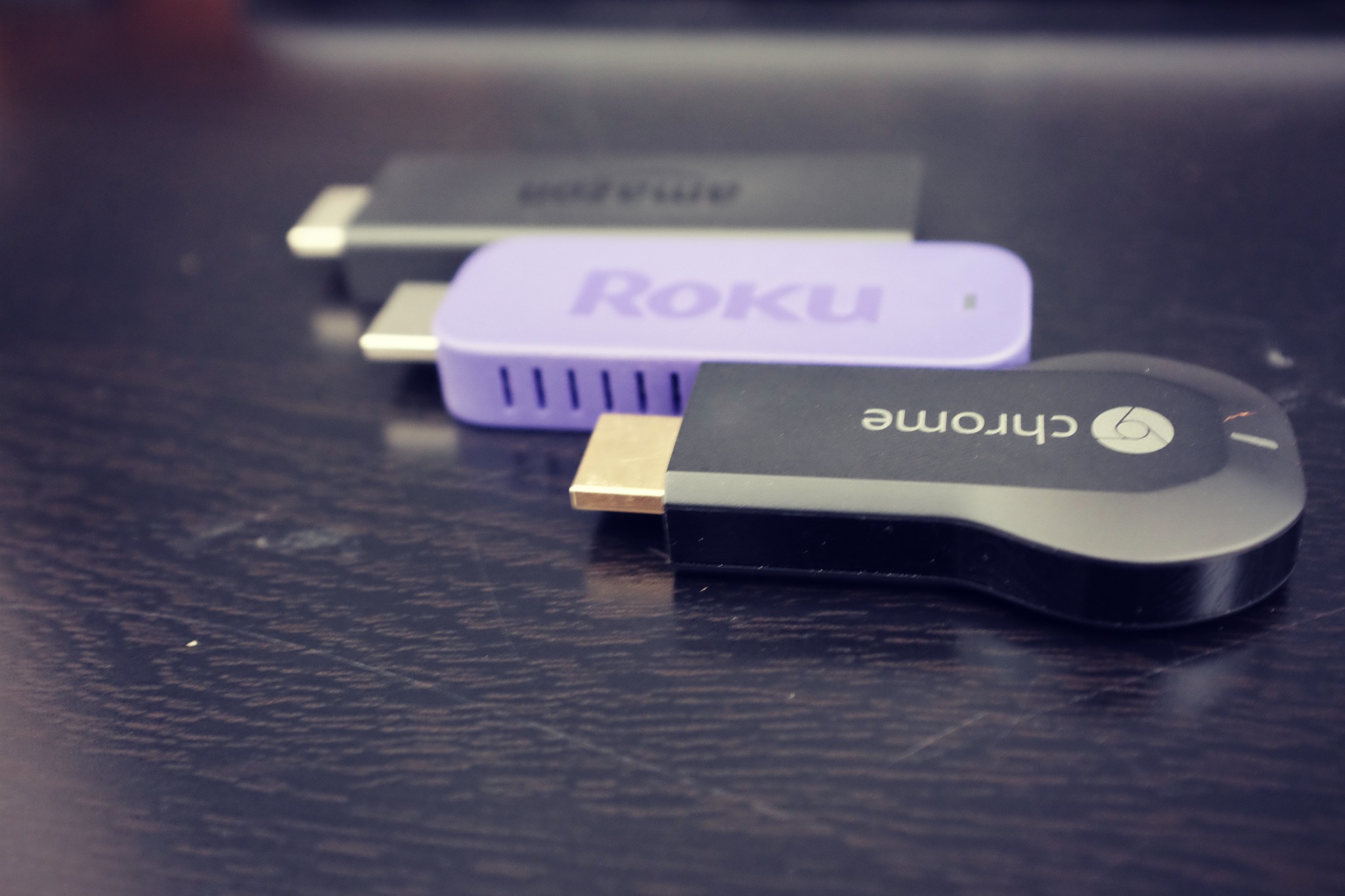
Choosing a streaming stick -- Chromecast, Roku, or Fire TV? [Review]
My household cut the cord in July 2014; the cable box is gone. In the process, I have been testing various streaming set-tops and sticks, and the latter is today's topic. Google opened up the category with $35 Chromecast in July 2013, and the device gets better with age. Roku Streaming Stick, at $49.99, is priciest choice, while Amazon Fire TV Stick is the $39 in-betweener.
Briefly, before deep diving, Chromecast is easiest to use and offers more commercial programming support. Roku delivers broadest streaming channel selection. Fire TV fits tightly into the broader Amazon Prime ecosystem, while offering satisfying, but incomplete, content options compared to either of the other devices.
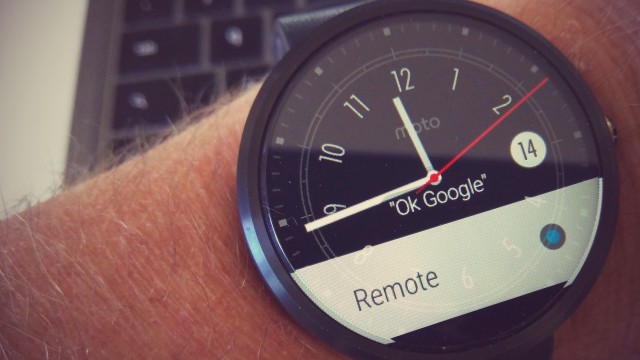
I was wrong about the smartwatch being a dumb idea
Over the holiday weekend, I started using the Moto 360, which user experience is way better than anticipated. For all the nutcases calling Apple Watch innovative and revolutionary—without there even being a device for them to test—Android Wear is, ah, timely. Google gives great utility that will be difficult for the fruit-logo company to match. Reasons are simple: Context, search, sync, UI design, and Google Now.
I resisted the smartwatch concept for having been there before. Few of the gadget geeks gushing about wearables are old enough to remember Microsoft SPOT. Mid-last decade, the company partnered with real watchmakers (Fossil, Suunto, and Swatch); the devices were as much jewelry as functional timepieces; FM radio delivered appointments, news, weather, and other alerts independent of cell phones; and battery life lasted three days or more (which wasn't enough). By these measures, SPOT watches were so much more and still failed. Hence, these are reasons why in past analyses I called the decade-later attempt dumb. But I was wrong.
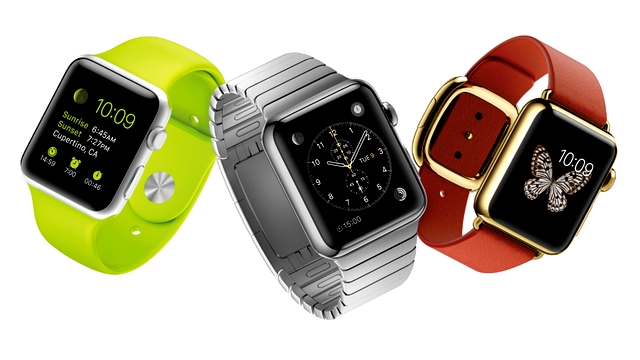
Amazing! Apple wins the smartwatch wars without ever shipping a device!
That is the only takeaway from today's brutal bias assault against Android Wear. Canalys reports half-year 2014 shipments of 720,000, and the Apple-loving free press categorizes the number as a failure. Meanwhile, the analyst firm boasts that "All eyes are now on Apple, which will reveal further details about the Apple Watch prior to its release in April". Not mine. Are yours?
Over at Wall Street Journal, Rolfe Winkler begins his hatchet piece with: "It's been a slow start for Google’s smartwatches". The search and information giant doesn't sell any of the devices, developing the underlying platform. Nitpicking aside, he ridiculously writes: "Apple sold roughly 114 million iPhones over the same period. That means Apple sold almost as many iPhones each day as makers of Android smartwaches sold over the six months". Oh yeah?

Android platform partners should think differently, or fail
Outside Apple Store, people excitedly line up to buy iPhone 6. The crowd is remarkably eclectic. Tattoos here. Mohawk there. Someone wearing a prim business suit chats with a burly biker wearing sleeveless T-Shirt. Everyone's clothes beam bright, vibrant colors. Loud laughter and uproarious chatter is everywhere. This is one happy group of buyers.
The store's doors exit onto a green pasture of sheep. Each wears a chain around its neck, with iPhone 6 attached. Cow bells appear on the screens, and clanging sounds against the chirping of birds. One animal looks up: "Baaaaaaa!" Then another, and another. An announcer asks: "Do you really want to be an iSheep?" Then the Android logo and robot flash across the screen.
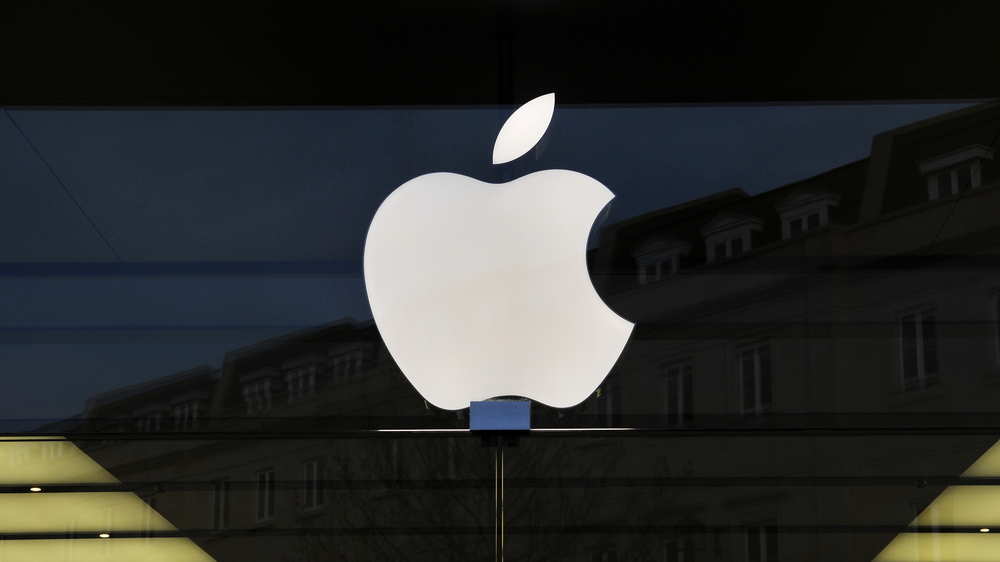
Apple's core is rotting
I should read Harvard Business Review more often. There, Juan Pablo Vazquez Sampere offers insightful and fresh perspective in post: "We Shouldn’t Be Dazzled by Apple’s Earnings Report". Of course, I would agree, having written something similar in past BetaNews posts. Point is the same, just the context changed. I lack his prestige and venue, and that's okay. The observations we both make aren't rocket science, or shouldn't be.
Simply stated: Atop the pinnacle of success, Apple stands at the precipice of failure. The scrappy innovator is gone, replaced by the, ah, Establishment cofounder Steve Jobs and his renegades challenged with years of guerrilla tactics. Apple has in this decade achieved huge success. But managing success is challenging, if your business model is innovation. The two objectives often work cross-purposes.

Is it cord-cutting, or just cheating?
Anywhere from two to three times a week, Cox sends offers to join Flex Watch, which would add $19.99 to my $59.99 Internet service. The cable company guarantees the price for 12 months—no contract—and would provide HD set-top box with access to local networks and some premium, subscription channels. Last year's offer: HBO and Starz. Last month's adds Encore. This week, Cox sweetens by tempting with Cinemax and Flix for just $5 more.
The HD box and local channel access doesn't tempt the slightest. Cox would have to rewire our setup to enable access from the living room, but I'm a believer in the "If it ain't broke don't fix it" approach to networking. I've got 120Mbps Internet pumping down to the bedroom, where there is no TV, and don't want to risk mucking up what we've got. But I am tempted to pay $19.99, or $24.99, for the subscription channels and stream to the tellie content in their apps—which I find offer better benefits. But does that cross the line? Is it still cord-cutting?
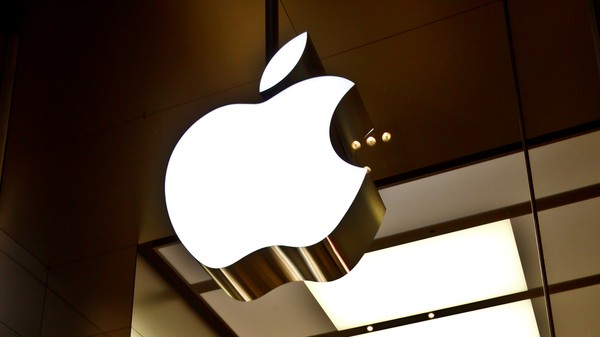
Apple is boring
Perhaps you have seen such statement somewhere on the InterWebs sometime during the last couple of months and increasingly the past few weeks. It's a meme slowly growing -- and for good reasons. While others innovate, Apple iterates and succeeds unblushingly well. The company is mountains more successful today innovating less and taking fewer risks.
Apple is the new Microsoft, where maximizing margins matters more than innovation. Look how much more successful Apple is by being boring and following where innovators lead. Consider today's Strategy Analytics report that puts Apple and Samsung tied for calendar fourth-quarter smartphone shipments. Such scenario was all but unfathomable two quarters earlier. Yet the foundation laid long before Apple cofounder Steve Job's death, when logistics genius and now CEO Tim Cook managed day-to-day operations. Risk-to-innovation defined Jobs' management style. Cook is more tactical.

How many iPhones did Apple REALLY sell?
The official number for calendar Q4 2014 (fiscal Q1 2015), ending December 27, is 74.688 million. Got to admit, that sure looks like a rather large number of iPhones. But how big is it? Really? Apple sold in the one quarter more iPhones than during fiscal years 2007-10 (73.946 million) combined, or twice as many as sold (37.044 million) during the same three months in 2012.
On its own, iPhone generated more revenue, $51.182 billion, than all of Apple in any quarter in fiscal 2012 and, singly, three of the four quarters in each of FY 2013 and 2014. The amount also exceeds every fiscal year through 2009, which revenue was $42.905 billion.
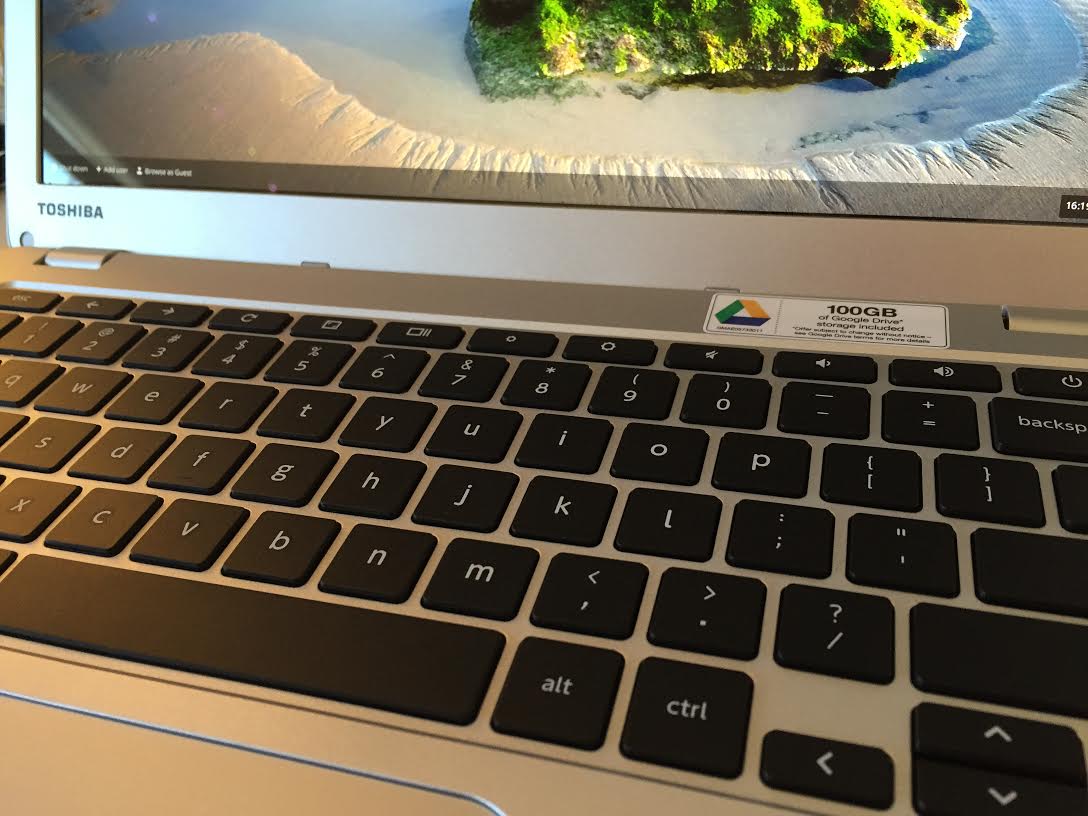
I sold my MacBook Pro and bought a Chromebook
Yesterday afternoon, a San Diego State University student bought my MacBook Pro—13-inch Retina Display, 8GB RAM, 512GB SSD—for $1,100. I purchased the laptop from local dealer DC Computers in late-August 2014 for a few hundred dollars more. The buyer's interest was my own: Mac, large SSD, and extended warranty (expires April 2017).
The proceeds go to buying Toshiba Chromebook 2 (two, another for my wife) and Android phone for her. She moves from iPad Air, which has been, since September 2014, her PC—and that experience should be another story (be patient). If time travel was possible, I would keep, rather than sell, my Chromebook Pixel early last summer. The Chromie lifestyle suits me best, and I am excited to be back to it. However, in December, when reviewing the tech products that changed my digital lifestyle last year, including the switch to Apple's platforms: "I can’t imagine using anything else". I lied to myself, and unintentionally to you.

Google has lost control of Apple
Maybe disposing of Android creator Andy Rubin was dumb. Maybe buying into the "Year of Chromebook" meme was dumber. Maybe making strategic decisions in anticipation of European Union trustbusters was even dumber. Maybe selling Motorola was dumbest. Take your pick, or add to the list, because all of the above apply. Google has squandered what should be in 2015 platform riches, ceding to Apple what shouldn't have been.
In October 2009, I asserted (before anyone else) that "iPhone cannot win the smartphone wars", as the stage was set for Android and iOS to mimic the platform battle between Windows and Macs during the PC era. By the large number of Android devices shipped that analysis is true today. But Apple's mobile platform wins the mindshare—and by other measures profit-share—wars, something Google could have, and should have, easily prevented. Time is overdue for course correction that requires smarts, not dumb-ass thinking.
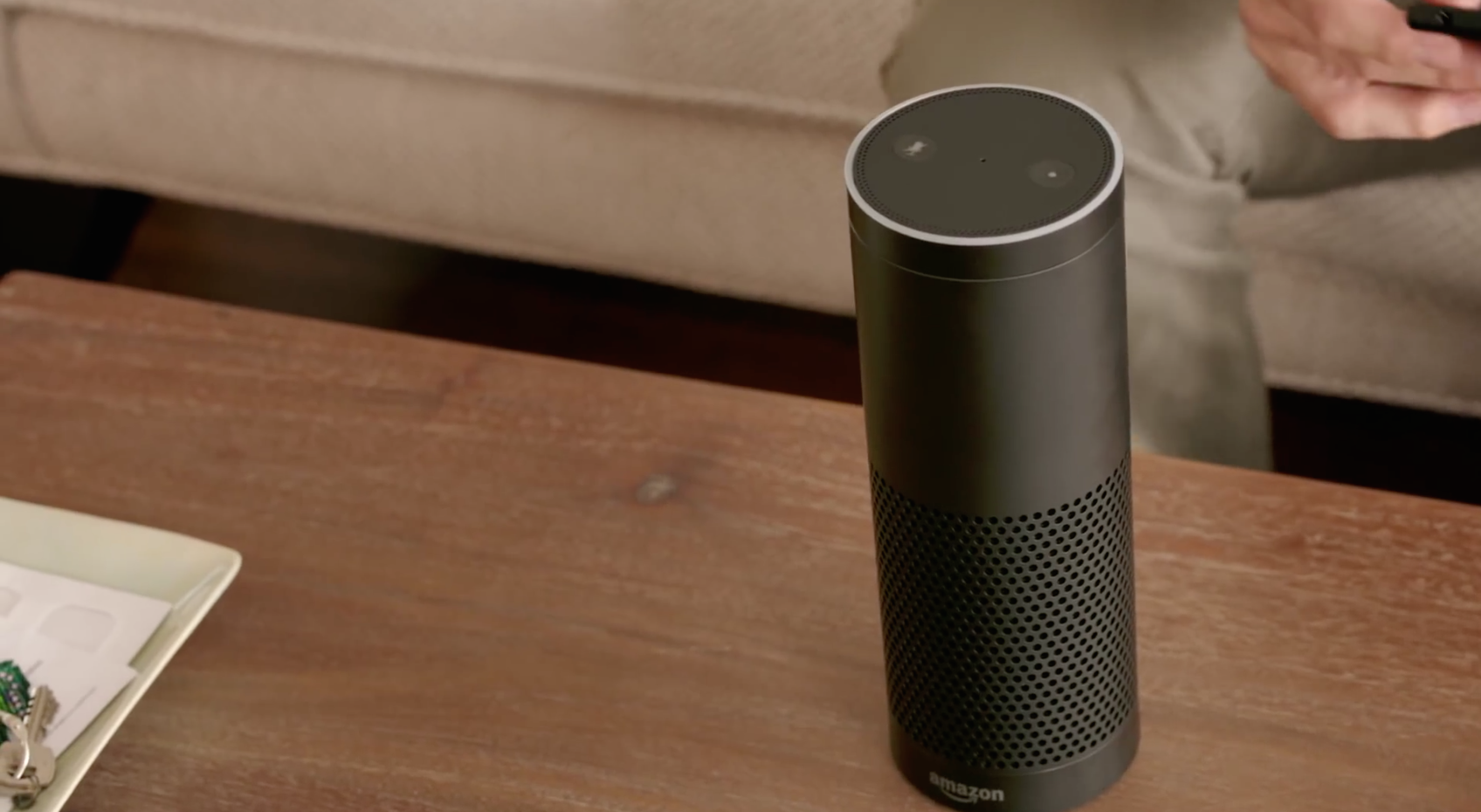
I take back my praise for Amazon Echo
You just gotta love Amazon. This morning, at long last, I received my invitation for Echo, the sizzlingly voice-controled streaming speaker that I raved about just two months ago. As a Prime member, I pay half-price, just $99. What a deal! Since then, I jealously waited while reading what others blogged about how much they enjoyed their Echoes. The device fits squarely where I contend is the next iteration in user interfaces: voice. Touch is just so passé.
In retail, customer impressions are everything. My first reaction was excitement, but the second turned it to dust. This thing won't ship until sometime between May and July? Seriously? It's like a bad Consumer Electronics Show joke, where the hottest tech device in this solar system debuts in January, but sales don't start until November. Don't sell me something I can't get for at least five fraking months!
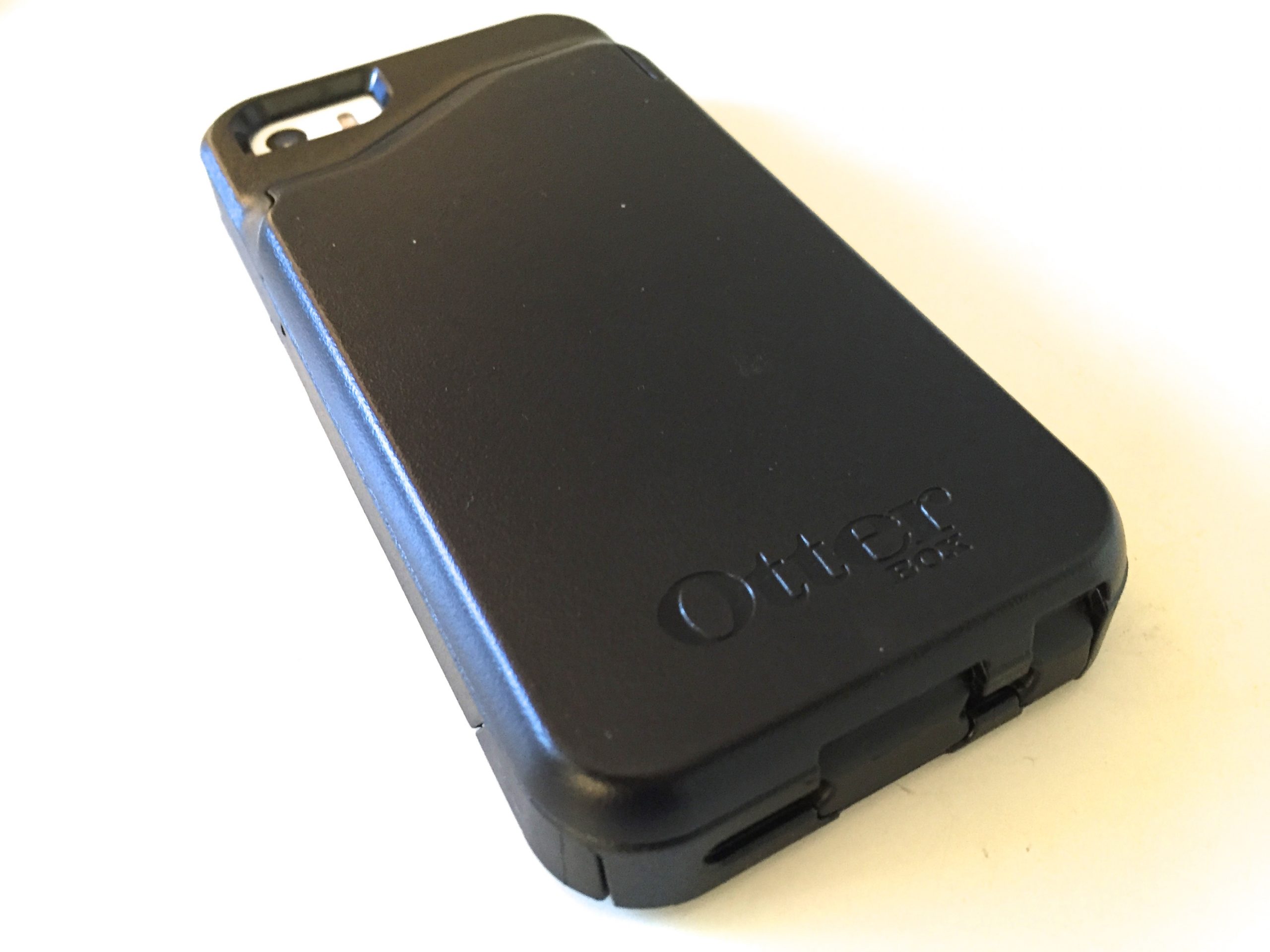
THIS is what it takes to protect your iPhone from breaking
Do you remember the old Nokia bricks—even the Finnish manufacturer's early smartphones? They were tanks. They were the Arnold Schwarzeneggers of mobiles—handsome and rugged. Then along came iPhone, and beauty bested brawn. Eight years after Apple cofounder Steve Jobs showed off the first prototype during January Macworld, design ethics applied to the original curse millions of iPhone owners today. The mobile is too destructible.
In July 2014, I wrote about my 20 year-old daughter's breakage streak: Three shattered iPhone 5s screens in about three months. The photo you see, taken on Christmas Day, is what her newest replacement looks like today. What's wrong with this picture? Need I even ask? The mobile's delicate design features are lost in protective gear that shouldn't be necessary. iPhone is flawed by design.

That iPhone 6 storage lawsuit is so bogus I just laugh
Oh the irony! I got up yesterday morning planning to write a version of the post you read now, choosing instead to look back at readers' life-changing tech. The trigger: Motorola starting the New Year with a 64GB Moto X model and my previous day's personal tech devices wrap-up, which got me to thinking abut smartphone differentiation. Processing power, graphics chips, and the like are passé. Who really cares but a minority of gadget geeks? But storage matters to everyone, and Apple gets it—as iPhone 6 and 6 Plus capacities demonstrate.
My feeds are full of reports this morning about a lawsuit filed against Apple alleging that iOS 8 consumes too much storage and, as such, the company misrepresents the amount available. I would have looked so smart writing yesterday about how much Apple gives that competitors don't. That's okay, now my analysis has a news hook. The point, for people reading no more than two paragraphs of any story: iPhone 6 capacities outclass competitors, and the problem of operating systems consuming much of available storage isn't new or exclusive to the fruit-logo company. Just look to Google and Microsoft, for example.

Tech That Changed Your Life in 2014
Three weeks ago I asked "What tech changed your life in 2014?" You answered here and on Google+. As the new year starts, I wonder what will make all our lives better. Apple Watch? I doubt it. Shake me awake from the nightmare if the wearable isn't the most successful flop of 2015. Windows 10? Skipping nine is a good sign, but is giving users more of what they don't want to let go life changing? Eh, no.
At the precipice of looking ahead, this is a last look behind. Once Consumer Electronics Show leaks and early announcements rush the InterWebs, all eyes will turn forward -- blind to what many people have, focusing on what they want instead. That's because "aspiration" is the defining word of the technology era, and the promise if you buy newfangled This or That your life will be better for it. Sometimes the promise is true, but too often not, which is why I asked the important question three weeks ago.

